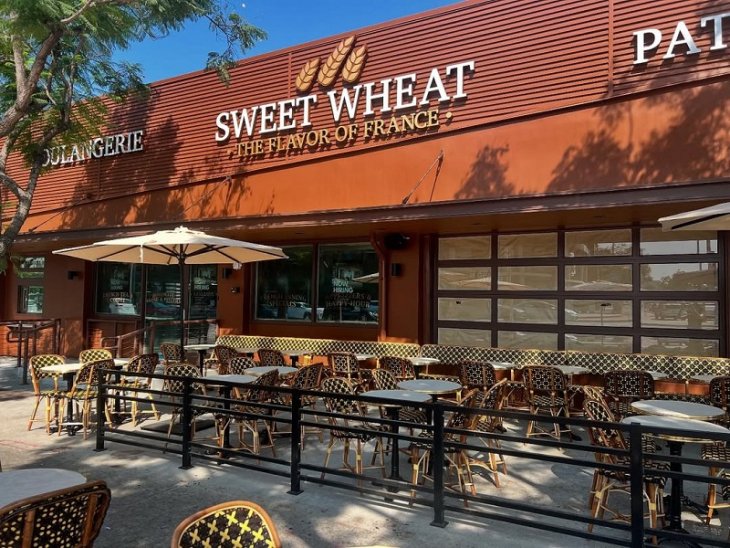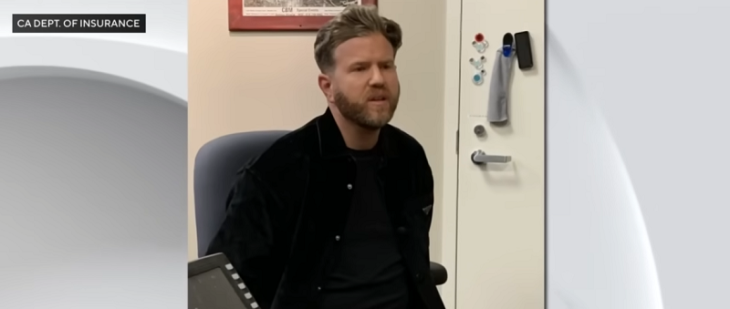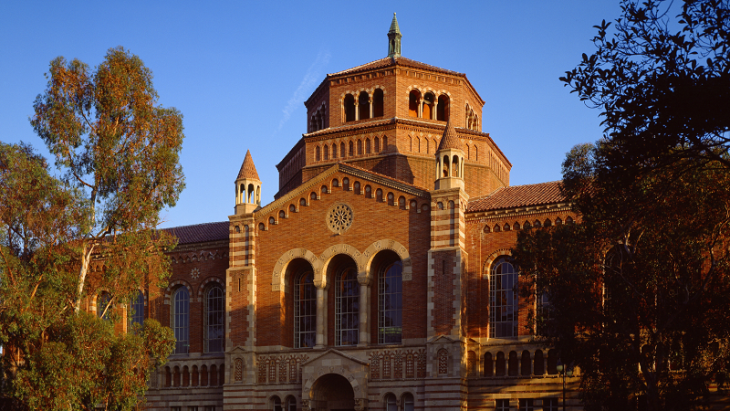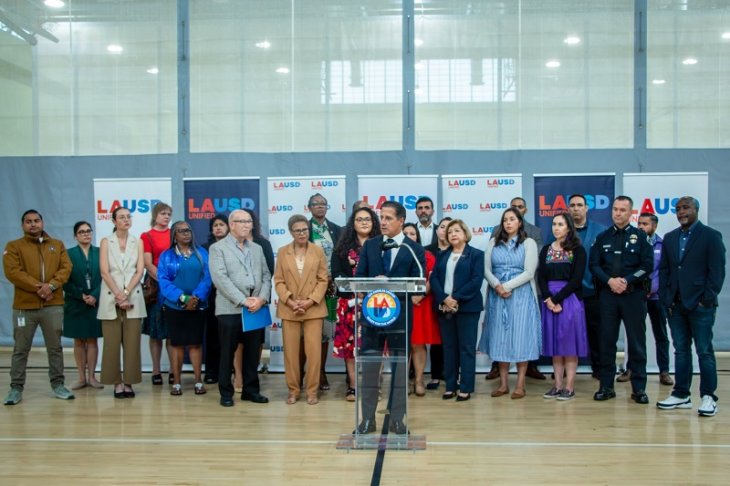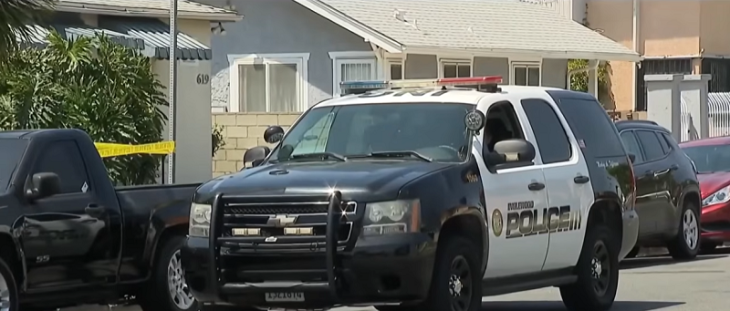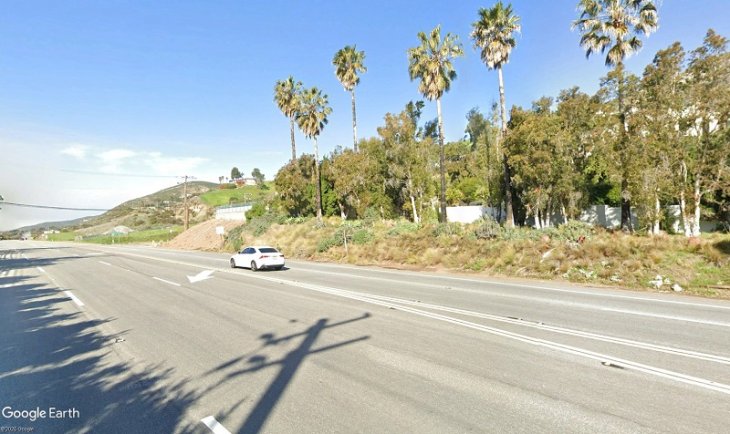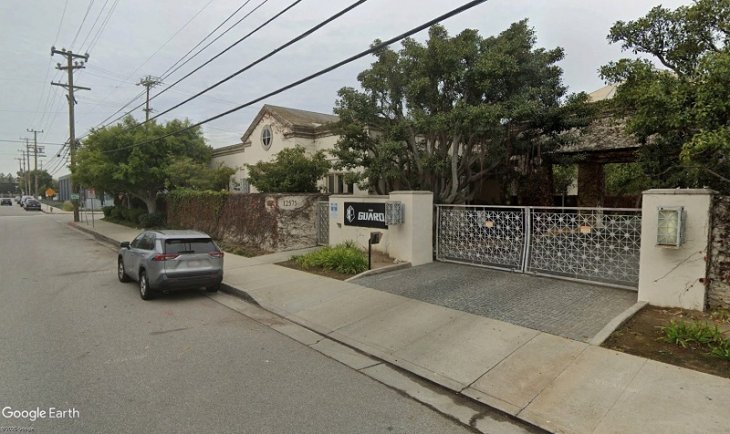
The potential loss of middle-class jobs was the rhetoric used and the vote on the dais was more symbolic than substantive, but after a one week delay the Los Angeles City Council unanimously supported on April 8 a State legislative bill that would extend tax credits to the film and television industry.
Assemblyman Mike Gatto introduced in Assembly Bill 1839 (AB 1839) in Sacramento, which proposes to extend financial incentives to film and television productions who promise to keep those projects in California.
“This is a critical piece of legislation for Los Angeles and California,” Councilman Paul Koretz said, adding the current film tax credits on the books “has saved tens of thousands of jobs in California or brought them to us.
Koretz was one of the council members who motioned his colleagues to support AB 1839.
The councilman from the fifth district did point out the current legislation has flaws. Musicians, for example, are not part of the legislation, so film scoring could still take place overseas. Koretz said he would like to see more done but acknowledged the proposal currently in place in Sacramento is about as expansive as any would be in this current legislative cycle.
Speaking to those flaws, Councilman Bernard Parks warned of potential unintended consequences attached to the film tax credits proposal. For example, most post production work not covered by the legislation. Accordingly, while the tax incentives might keep film shoots in the State, post-production jobs might still be lost.
Generally speaking, post-production is a longer process and has more jobs attached, such as editing, film scoring, marketing and promoting, sound, and other technical aspects.
Parks added other unintended consequences include the possibility of the incentives being sold to groups other than those the film tax credits are intended to protect.
“A great program is being somewhat deterred and not reaching its full benefits,” Park said prior to voting in favor of supporting AB 1839.
Despite the unintended consequences, Councilman Tom LaBonge said the threat of losing significant jobs is real. By way of example, LaBonge stated 161 people were “displaced” after Jay Leno retired from the Tonight Show and the late night television program relocated to New York City.
One of the motion’s co-sponsors, Councilman Felipe Fuentes, said the United Kingdom and Australia are offering hundreds of millions of dollars in tax rebates to draw film production to their respective countries. Accordingly, Fuentes said California must be proactive in keeping film production in State.
“This benefits California, not just Los Angeles,” Fuentes told his colleagues of the film tax credit bill.

Meanwhile, Councilman Gil Cedillo said although tax policy does not necessarily lead to direct job growth, AB 1839 would be significant in retaining film and television production in California.
The California Film Tax Credit Program was adopted in 2009 and aimed to create $500 million in credits within a five-year window. AB 1839 seeks to extend those tax credits through 2022.
As part of the extension, the amount of film tax credits available to film and television productions would be expanded. Just the same, the number of productions eligible for tax credits and incentives would also be expanded.
Other amendments proposed in AB 1839 would allow for more types of productions to take advantage of tax incentives if they remain in California.
The April 8 vote was 13 to 0 in favor of supporting AB 1839.
(This is Part 2 of a series. Next week, Part 3 will analyze the specific tax breaks offered in AB 1839.)

